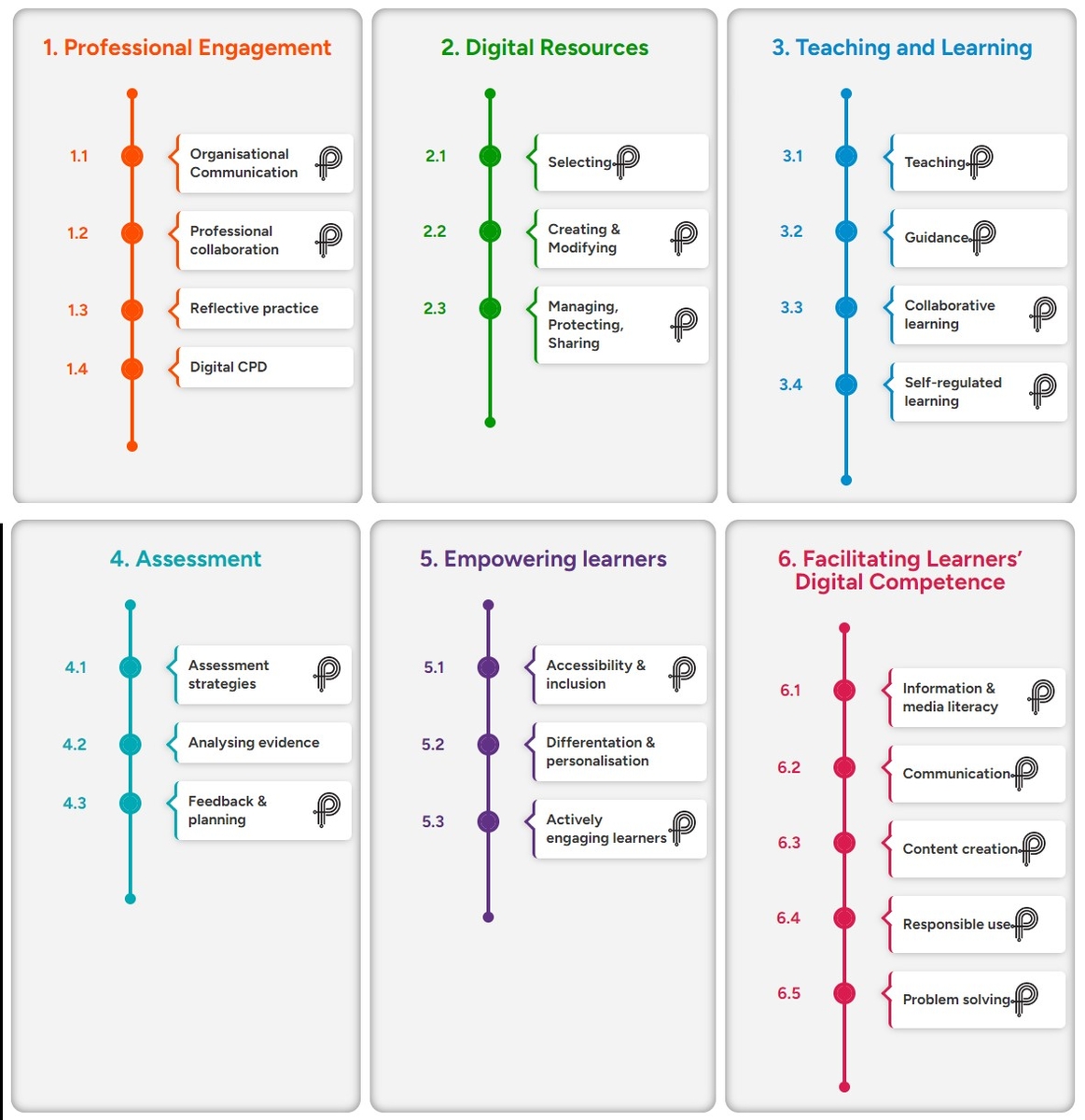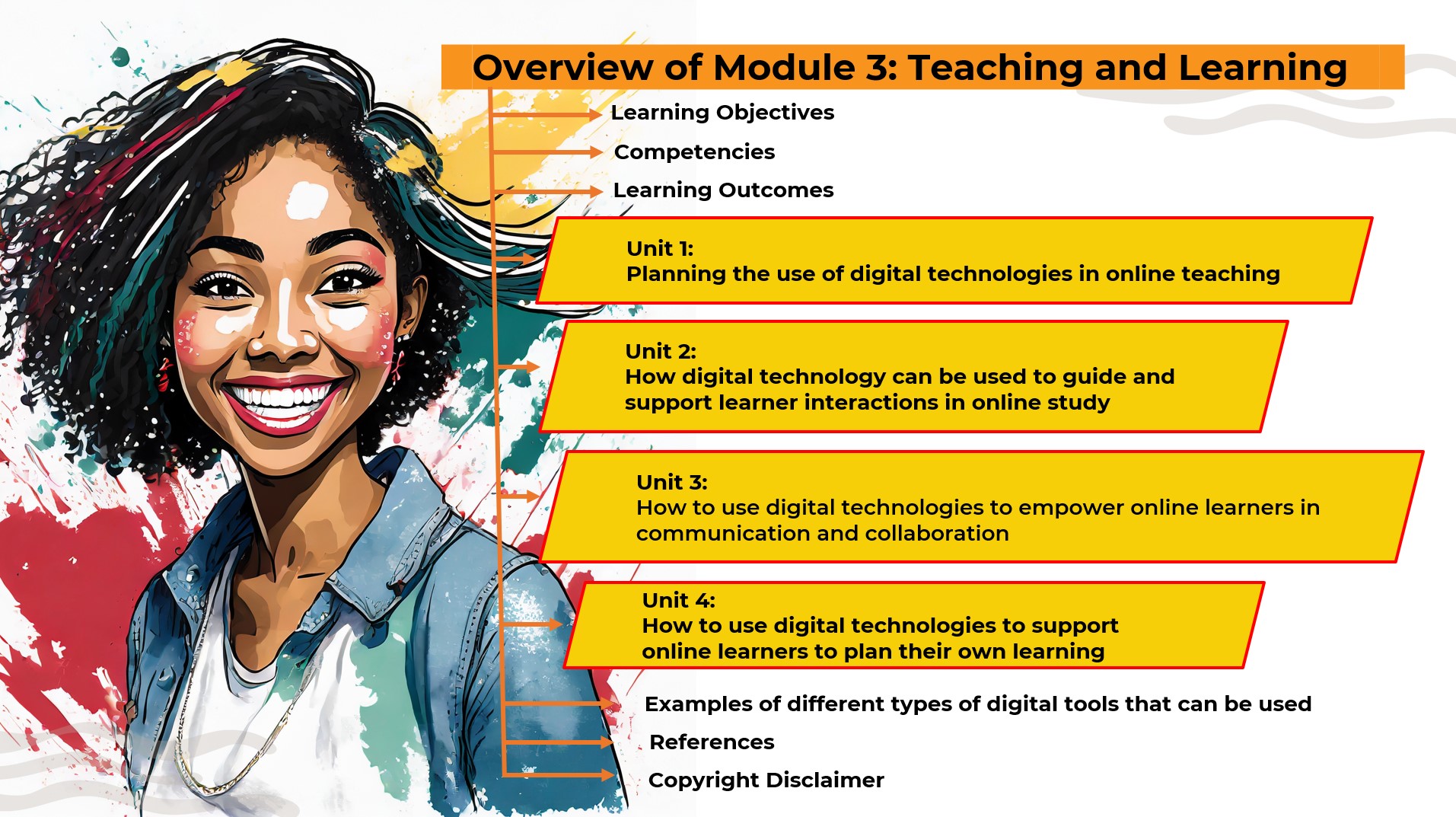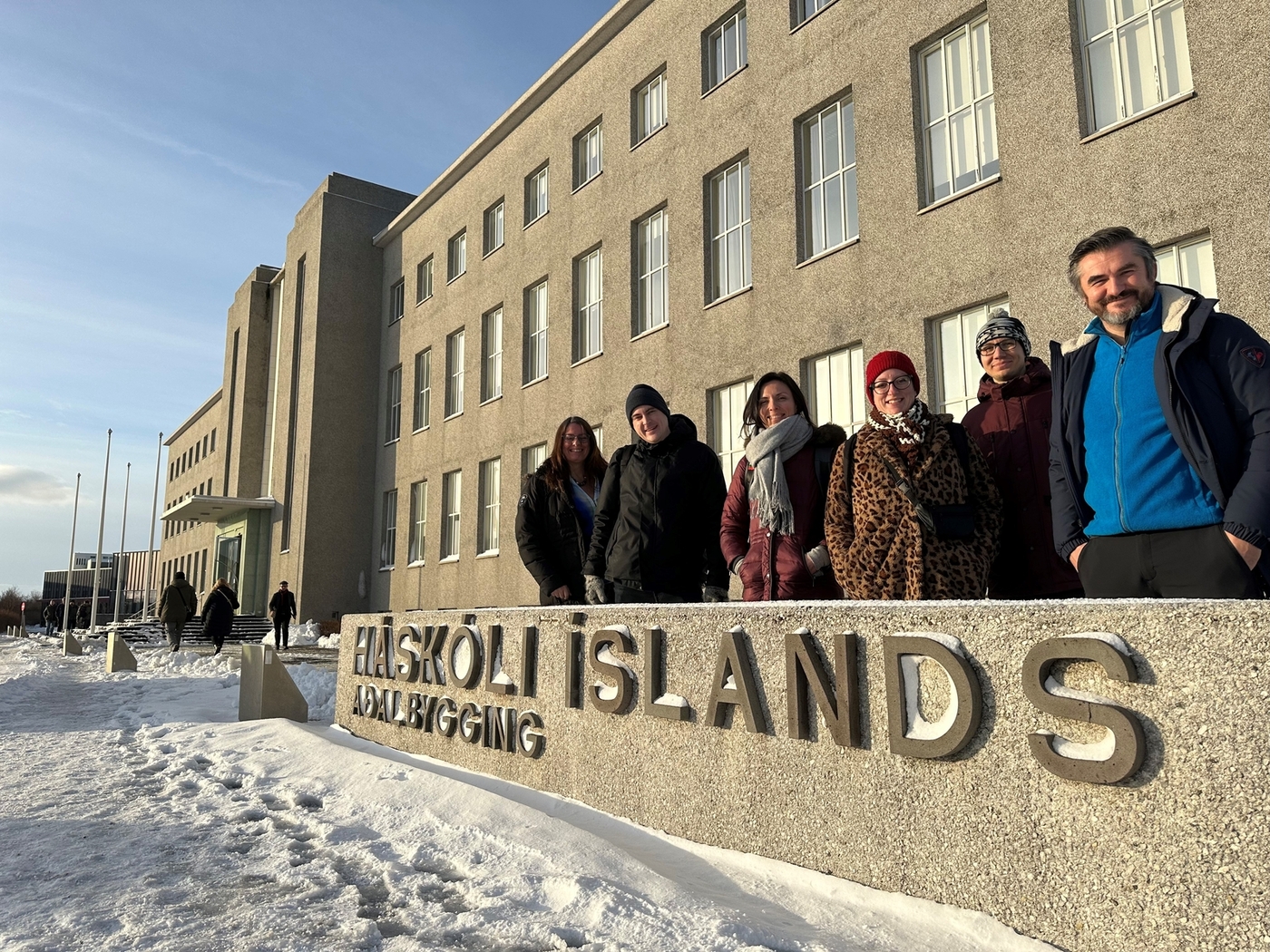What is lost in the learning environment when it is shifted to e-learning, and how can those factors be translated into distance learning? How to prevent the isolation of students in distance education and encourage activity in distance learning? These and other questions have been addressed by Sigurbjörg Jóhannesdóttir, project manager at the Division of Academic Affairs. She and her international collaborators in the research project PLACEDU have been working on these issues recently. The project has resulted in online teaching material that educators can use to improve their online teaching.
"In the wake of the transition of all education worldwide to e-learning during the COVID-19 pandemic, research on distance learning and the effects of the pandemic on teaching methods increased. We wanted to contribute by analysing the impact of COVID-19 on teaching methods and distance learning in universities," says Sigurbjörg, who worked on the project with collaborators in Lithuania, Slovenia, Belgium, Greece, and Cyprus, all of whom work at universities or innovation centres.

Photo taken in front of the Faculty of Philosophy at the Vilnius University, Lithuania in November 2023. On the photo from the left: Simonas Šabanovas, Vilnius University, Lithuania; Foteini Papadopoulou, Center for Social Innovation, Cyprus; Auguste Taruskaite, Out of the box, Brussel Belgium; Nina Vombergar, University of Ljubljana, Slovenia; Žemartas Budrys and Tautvydas Bokmota, UAB Theoria, Lithuania (Project Coordinator); Sigurbjörg Jóhannesdóttir, University of Iceland and Karolina Levanaitė, Vilnius University, Lithuania.
Sigurbjörg decided to participate in the project after her former colleague in the Net-University project suggested it. "After reviewing the project's description and objectives, I saw that it could benefit the University of Iceland, as it aligned with the University's policy of enhancing distance learning. Furthermore, the results from the project could be useful in defining quality standards for e-learning at the University," she says."
Sigurbjörg expresses particular enthusiasm about the project's goal to analyse what is lost when education shifted from the real world to the online realm, especially regarding social interactions and increased risk of loneliness due to isolation. "The goal was to create a learning environment for teachers where they could find methods and tools to help improve their online teaching, especially considering the aspects that are lost when studies completely transition to the internet," says Sigurbjörg about the project.
Monitoring students' and teachers' well-being on and participating in real-time online sessions
The project involved research at universities in the participating countries. "We examined the challenges that students and teachers face in distance teaching and learning. We used a mobile app to collect information about the well-being of teachers and students in real-time online meetings, and conducted focus group interviews with teachers in distance learning. Emphasis was placed on examining what teachers can do to make distance learners feel like part of the learning community and engage in active communication with both the educators and their fellow students. Also, which teaching methods encourage students' interest and engagement in their studies, empower them, and provide support for managing their own learning," explains Sigurbjörg.
Furthermore, she emphasizes that the research focused on understanding how teachers need to adapt to new teaching methods and improve their skills in distance education since studies have revealed increased stress and strain among teachers due to new teaching methods and assessments in distance teaching.
Six courses for teachers to create a better e-learning environment
The results of this research became the basis for a self-paced training platform for teachers related to distance teaching. "We decided to create six independent courses that teachers can use to create a better online learning environment for students. The emphasis was on enhancing teachers' digital skills, and the decision was made to build the course content on the European Digital Competence Framework for Educators (DigCompEdu)," says Sigurbjörg; among other things, artificial intelligence was used to develop the course “Teaching and Learning”.

The six courses intended for university educators for self-paced learning are framed with the European Digital Competence Framework for Educators (DigCompEdu).
Sigurbjörg highlights that teachers can go through the courses at their own pace, and they are available on the project's website which is in six languages: English, French, Greek, Lithuanian, Slovenian, and Icelandic. The Icelandic version of the training platform will be ready in mid-February.
"Teachers can also submit or share their own content on the training platform by filling out the 'Submit content' form, along with obtaining information on best practices and methods and tools," explains Sigurbjörg, who has recently hosted dozens of events in University of Iceland and University of Akureyri, to introduce the research results, how artificial intelligence were used and the new platform, to staff at universities and colleges.
When asked how the project contributes to further development of distance learning within the University of Iceland, where increasing emphasis is placed, Sigurbjörg points out that the research findings shed light on the challenges educators at the University of Iceland face in distance education. "The results can thus be used to enhance the quality of distance teaching/learning at the University of Iceland, so that students' experience of their studies becomes even more positive, drop-out rates decrease, and their performance improves," she says.

Overview of Module 3: Teaching and Learning
The training platform also contains a wealth of useful resources that the school's teachers can use to improve their online teaching. "Ideas for teaching methods to encourage student engagement, increase activity and communication, assessment, and digital tools. All this content is in open access," Sigurbjörg emphasizes in conclusion.




